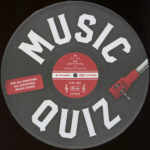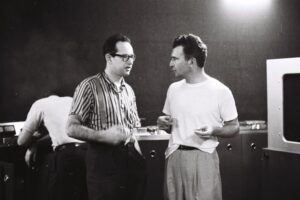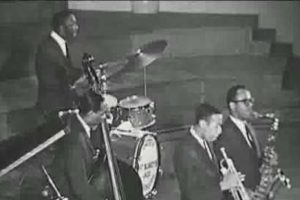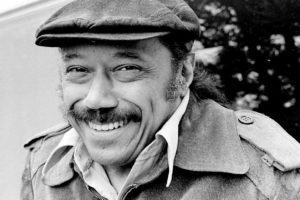Mann’s Wikipedia profile says that Mann – who lived from 1930 to 2003 – was an important early practitioner of “the fusion of jazz and world music.”
The Brooklyn-born Mann’s early exposure to music was quite understandable for a Jewish kid from Brighton Beach: He entertained in the Catskill resorts. He later toured Africa and Brazil and later recorded in the United States with Brazilian musicians, including Antonio Carlos Jobim.
Mann had a hit in 1969 with the album “Memphis Underground.” Later, however, he showed his independence from jazz orthodoxy by releasing a series of disco and smooth jazz records. The critics didn’t like it. It was interesting, however, in his use of non-jazz players such as Whitney Houston’s mother (and gospel giant) Cissy Houston, Duane Allman and Donald “Duck” Dunn.
In Mann’s obit from NPR, Cary Ginell wrote that Mann had todevelop his own style because there were no jazz flutists before him. Perhaps because he didn’t grow up within strict musical guidelines, Mann apparently didn’t care much what others thought:
While Mann was a consistent winner of Down Beat critics’ polls for jazz flute, his broad palette of musical influences often found him at odds with many jazz purists. Some felt that Mann’s playing was directed towards a more pop-oriented audience; others thought he exhibited an unabashed sexuality that seemed worlds apart from the serious demeanor of the bebop generation.
Mann founded Embryo Records in the early 1970s, according to Wikipedia. Again, he went beyond jazz. In addition jazz acts such as Ron Carter and Phil Woods, the label produced music from Dick Morrissey (using the Average White Band as the rhythm section) and Tonto’s Expanding Head Band.
Above “Sunny” (a comment at YouTube says the guitarist is Cornell Dupree). Below is “Memphis Underground.”
Wikipedia and NPR were used to write to post. Homepage image: Tom Marcello.











Recent Comments